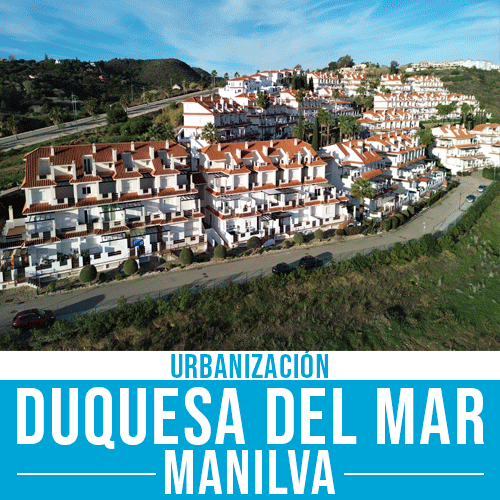Ten kilometers outside Perpignan, in the southern French region of Languedoc-Roussillon, there is a place where all the country's memories, exiles and dramas of the 20th century converge. This place is Camp Joffre, a military camp better known as Camp de Rivesaltes, and far fewer people know about it than seems feasible. Located on a 612-hectare plain between the sea and the Pyrenees, it is an abandoned-looking place, wild and windy.
Although the sun was shining on a recent visit, a walk along the orange-hued earth that surrounds the derelict barracks gave visitors a strong sense of sorrow, fear and respect. Between 1941 and 1965, this concentration camp was used by France - and Germany - to intern all kinds of "undesirable" foreigners.
Under the Vichy regime, between 1941 and 1942, Rivesaltes housed 21,000 people. It functioned as a regional center that held 6,500 Jews from the Free Zone, of whom 2,300 were sent to Auschwitz with a stopover in Drancy. Living with them were many Spanish republicans who had fled their country following the Civil War (1936-1939) and thousands of stateless Gypsies trapped by World War II.
Divided into seven areas with 80 barracks each, separated by cement walls and topped with wooden gable roofs, until 1948 Rivesaltes was home to war prisoners from 16 countries, including German soldiers and French collaborationists.
When World War II ended, France did not shut down the camp.
Between 1956 and 1968 Rivesaltes was a concentration and transit area for hundreds of families of Harkis, the Algerian civilian units mobilized by Paris to fight against their own country's independence.
Then, after a few years of operation as a military camp, the French state once again found a repressive use for this great black hole of history: in 1986 part of the N area became an Immigrant Holding Center, and remained open in that capacity until 2007.
The scene of so much horror and shameful infamy was surrounded by a deep silence for decades. Few people in France wanted to talk about that unhealthy, damp and mosquito-infested place, where prisoners were underfed, abused, used for slave labor and died from cholera by the dozen during the war years.
But several non-profit groups managed to keep the memory alive, and in 1998 one politician decided to dedicate his career to turning this place of shame into the Camp de Rivesaltes Memorial. Regional premier Christian Bourquin, who is also a Socialist senator, came up with a project to build a museum as a tribute to the victims of that place. And so he asked the French state for some support. The answer was no.
"Nicolas Sarkozy refused to help me on several occasions; I think he has serious memory problems," said Bourquin ironically before a group of half a dozen foreign journalists. "Now I hope that [President François] Hollande will help us a little more, although for the moment we have had nothing more than good words."
With no state aid but lots of perseverance, regional and provincial authorities got to work, and as a result there is now an inauguration date for the Rivesaltes Memorial Museum: January 14, 2015.
First the regional government saved the camp, which belonged to the army, from total destruction by purchasing 45 hectares of land. Then it launched a competition for ideas to build the museum. The winner was architect Rudy Riccioti, who put forward a sober-looking, rectangular-shaped concrete building with a surface area of 4,000 square meters that is partly buried among the barracks, resembling a great coffin.
The Memorial Museum will house a permanent exhibition divided into objects, archive information and personal testimonies. There will be three skylights on the ceiling but no windows. Riccioti's idea, according to his assistant Romain Passelac, was to create "a space for recollection that does not try to impose itself on the camp and which allows visitors to share and understand the pain and the weight of the history that took place here."
"This camp has been a transit area for all French and European history from 1939 to 2007," says Denis Peschanski, a historian who chairs the Memorial's scientific committee and has been working on this project for the last 16 years.
"The Spanish Civil War, World War II, the Algerian War and all the people who were forcibly displaced in France came through Rivesaltes," Peschanski adds.
"It is the symbol of exclusion, rejection, hatred of those who are different, and also of French participation in many terrible episodes that we cannot forget about. That is why it's so important to recover this memory now that Europe is once again echoing with the terrifying sounds of populism."
Posted originally: 2014-02-14 10:54:54








